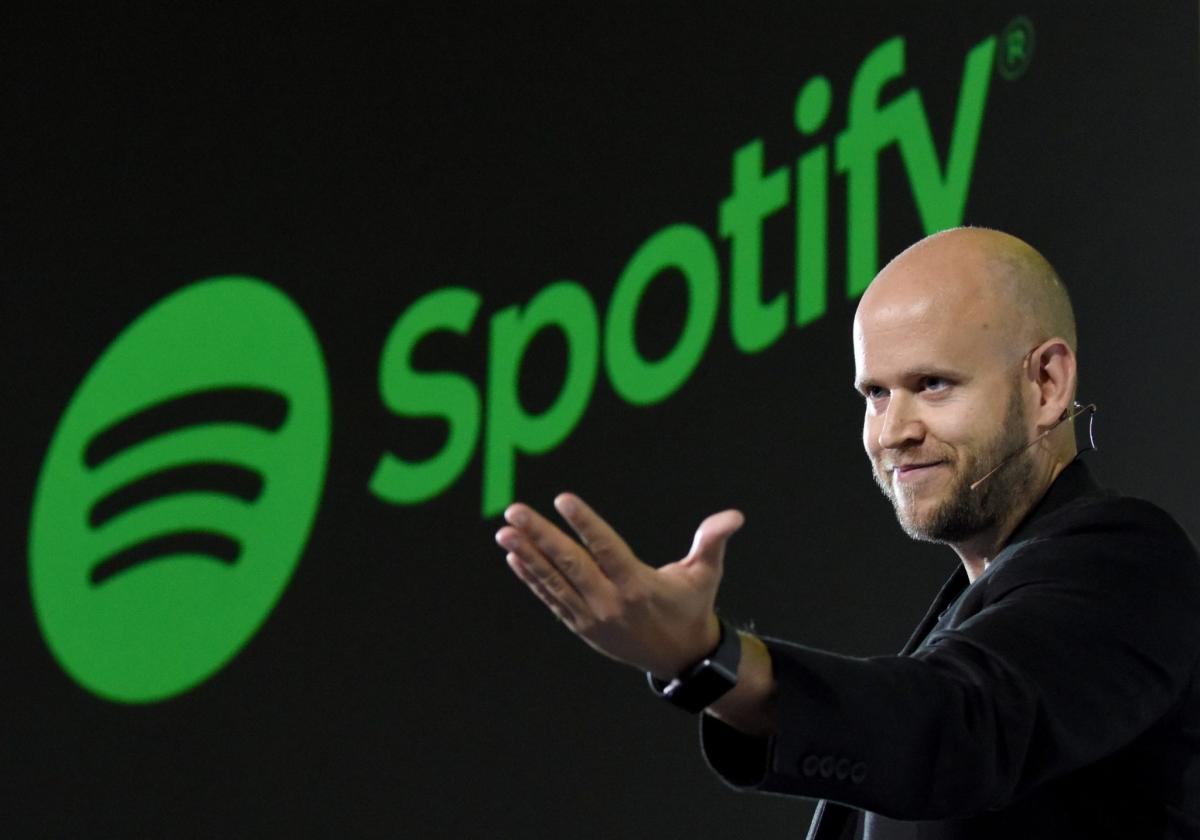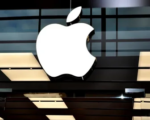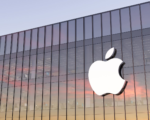EU Threatens Strong Action Against Apple if Proposed App Store Changes Fall Short of Digital Markets Act Compliance
Spotify, a major player in the digital music streaming industry, has strongly criticized Apple’s proposed plan to comply with the European Union’s Digital Markets Act (DMA), going so far as to label it as “a complete and total farce.” The DMA, designed to address concerns about anti-competitive behavior and ensure fair competition in the digital marketplace, has prompted significant changes in Apple’s approach to its App Store ecosystem.
Under the new rules set to take effect in early March, iPhone developers will gain the ability to establish alternative app stores on the platform, providing a potential avenue to circumvent Apple’s in-app payment system. This payment system, infamous for its hefty commissions that can reach up to 30 percent, has been a source of contention within the developer community for years. The DMA’s intent is to introduce more flexibility and competition into the market, allowing developers to choose alternative app store options and payment methods.
However, Spotify, one of the leading music streaming services, has expressed deep dissatisfaction with Apple’s proposed solution. The tech giant’s new EU regime introduces a “core technology fee” of EUR 50 per user account annually, a move that Spotify views as undesirable and potentially burdensome. The imposition of this fee, despite the apparent flexibility provided to developers, adds another layer of complexity to the ongoing debate over fair competition in the digital marketplace.

In response to Spotify’s criticism, Apple asserts that developers can choose to stay on the existing terms, and under the proposed changes, more than 99 percent of developers would either pay the same or less to Apple. Apple emphasizes that the changes aim to strike a balance between fostering competition and maintaining a sustainable ecosystem for developers.
Spotify, however, maintains its stance that Apple’s approach is a less-than-ideal alternative to the existing status quo. The streaming service argues that Apple has been clear from the beginning about its reluctance to adhere to the DMA, suggesting that the proposed solution is a strategic move to maintain control and resist significant changes.
As tensions escalate between Spotify and Apple, the European Union’s industry chief has issued a stern warning. If the changes to Apple’s App Store do not align with the forthcoming regulations outlined in the DMA, the tech giant could face strong regulatory action. This underscores the broader significance of the DMA in reshaping the dynamics of the digital marketplace and ensuring fair practices among tech industry leaders.
















